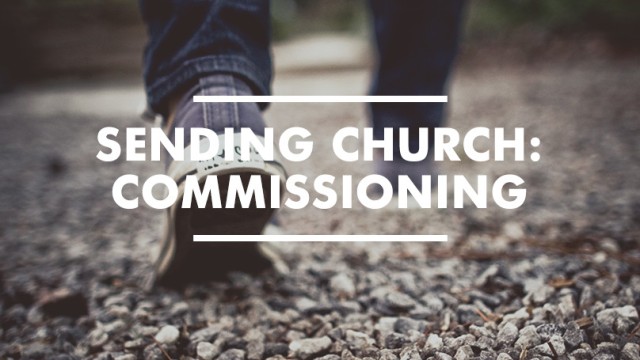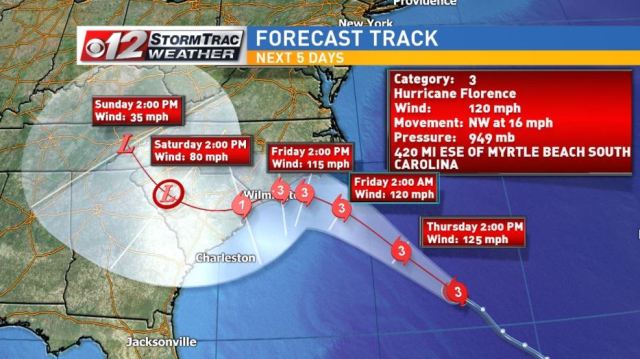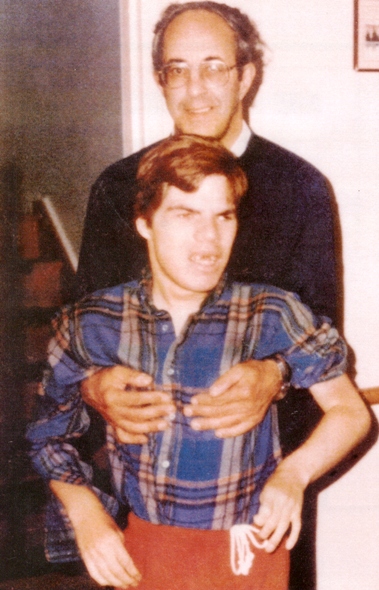
This morning, I want to us to take a careful look at these words from 1 Peter.
Now as an Elder myself,
Did you know that as the pastor of this church, I am considered to be an Elder? I am. Thus, the responsibilities of Elders in the church are very similar to my responsibilities as the Senior Minister. I have often said that the Elders of the church are best described as “co-pastors.” The pastor and the Elders form a wonderful ministry team of the church.
And did you know, that as a church that has always believed in Martin Luther’s doctrine of the Priesthood of All Believers, we believe that every member of our church is a co-minister? When a minister laid his hands on you in baptism, we believe you were ordained or set a part for ministry. We call ourselves Disciples of Christ. We believe we have been called to be disciples just like Peter was a disciple. Thus, this passage in 1 Peter regarding Elders is applicable to every member of this church.
and a witness of the sufferings of Christ.
Now, Peter actually witnessed the sufferings of Christ; however, as Elders and ministers of the church today,
we also bearwitness to the sufferings of Christ, by becoming suffering servants with the congregation.
With the Apostle Paul, we believe when one member of the body suffers, the entire body suffers. We grieve with those who are mournful. We worry with those who are anxious. We are afraid with those who are fearful. We cry with those who are despairing.
as well as one who shares in the glory to be revealed,
but at the same time, we share the glory that is coming.
As Paul also says, we grieve, but we do not grieve like those who have no hope.
We suffer, but we know all things will work together for the good.
We are worry but we know that nothing in all of creation will separate us from the love of God.
We are afraid, but we know we can do all things through Christ who strengthens us.
We cry, but we know that love will win.
Therefore, we are in all times and in all places encouragers.
We possess a spirit of positivity, reassuring others that although we cannot go back to the good old days, good new days are always ahead.
We always work out bring out the best that is in others.
We work to embolden the image of God, the spiritual gifts, and the holy purpose that is within all people.
I exhort the elders among you to tend the flock of God that is in your charge,
Elders, ministers, and all disciples are best described as shepherds.
After asking Peter three times, “Do you love me?” Jesus says, “Feed my lambs, look after my sheep, feed my sheep.”
Now, we might hear this in a very individualistic way as it seems like Peter is being sent out on a lone, heroic mission.
However, when Jesus speaks of shepherding, he does not want us to think about a brave, lone shepherd who his sent out to bless the world.
No, with Jesus, ministry is always a communal experience.
Mark’s Gospel informs us that when Jesus commissioned the disciples, when he sent them out into the world, he sent them out in pairs.
Jesus does not intend for us to bear the good news on our own. We are called to proclaim the gospel, to tend to the flock, to meet the needs of others, together, in community.
exercising the oversight, not under compulsion but willingly, as God would have you do it
Elders and other church members in some churches (not this church of course) only read part of this verse.
They exercise oversight. Which they interpret as being in control.
They believe the congregation should be submissive to their leadership. They act as if they are the bosses of the church.
However, the verse continues: “exercising the oversight…willingly, as God would have you do it.”
In speaking about his own his own shepherding ministry, Jesus says:
“I am the good shepherd. I know my own, and my own know me, just as the Father knows me, and I know the Father; and I lay down my life for the sheep.”
Jesus is describing a ministry that is not only a communal experience. It is also a mutual experience.
In the book that has perhaps influenced my ministry the most, Henri Nouwen writes that Jesus wants us to minister as he ministers (In the Name of Jesus).
“He wants us to feed his sheep and care for them, not as ‘professionals’ who know their clients’ problems and take care of them, but as vulnerable brothers and sisters who know and are known, who care and are cared for, who forgive and are forgiven, who love and are being loved.”
Somehow we have come to believe that ministry requires a safe distance from those we are called to serve. Medicine, psychiatry, and social work all offer us models in which ‘service’ takes place in a one-way direction. Someone serves. Someone else is being served. [And we best not confuse the two!]
But how can anyone lay down their life for those with whom they are not even allowed to enter into a deep, personal relationship?
Laying down your life means making your own faith and doubt, your own hope and despair, your own joy and sadness, courage and fear available to [all] as ways of getting in touch with the Lord of life.”
Nouwen continues:
“We are not the healers. We are not the reconcilers. We are not the givers of life. We are sinful, broken, vulnerable people who need as much care as anyone we care for.
The mystery of ministry is that we have been chosen to make our own limited and very conditional love the gateway for the unlimited and unconditional love of God.”
Therefore, ministry they way God would do it, shepherding the way Jesus would do it, must be mutual.
—not for sordid gain but eagerly. Do not lord it over those in your charge,
We do this not for power or control, but because we are eager to follow the way of Jesus, the good Shepherd.
Nouwen points out:
When another cannot know someone who is caring for them, “shepherding quickly becomes a subtle way of exercising power over others and begins to show authoritarian and dictatorial traits.”
The ministry and leadership of Jesus is radically different.
To use Robert Greenleaf’s term, it is a “servant-leadership,” in which the leader is a vulnerable servant who needs the people as much as the people need her or him.
but be examples to the flock
We are to live as mentors to one another. When we see something that needs to be done, we do not wait for others to act. We do not sit back saying, “I wished the pastor would do this or address this.” But as servant leaders, as shepherds, as a priestly people, we take the initiative.
We model for others what the prophet Micah calls the requirements of our God. We love kindness. We do justice. And we walk humbly.
This is especially important as we live in a culture where the exact opposite is often modeled, and oftentimes modeled in the name of God.
I cannot think of any other time in my ministry where the words of another prophet have been more applicable:
Ah, you who call evil good
and good evil,
who put darkness for light
and light for darkness,
who put bitter for sweet
and sweet for bitter! (Isaiah 5:20)
We must model for the world what it means to be a follower of Jesus.
We give sacrificially. We serve selflessly. We love our neighbors. We confess our sins. We trust in God’s grace. We offer grace to others. We liberate people who are oppressed. We welcome children. We proclaim the gospel, and if necessary, we use words.
And when the chief shepherd appears,
When we proclaim the gospel with our words and deeds, we have the hope that we will see Jesus, our chief shepherd, our chief Elder.
In Matthew 25, we read a parable where people are asking Jesus when they saw him: “Lord, when was it that we saw you?”
He answered:
“I was hungry and you gave me food. I was thirsty and you gave me something to drink. I was a stranger and you welcomed me. I was naked and you gave me clothing. I was sick and you took care of me. I was in prison and you visited me.Truly I tell you, just as you did it to one of the least of these who are members of my family, you did it to me.”
you will win the crown of glory that never fades away.
When we shepherd, when we tend to the sheep, when we minister to God’s children, when we love our neighbors as ourselves, not only do we see Jesus, but we participate in something divine that is eternal, something holy that has no end, something sacred that is forever.



